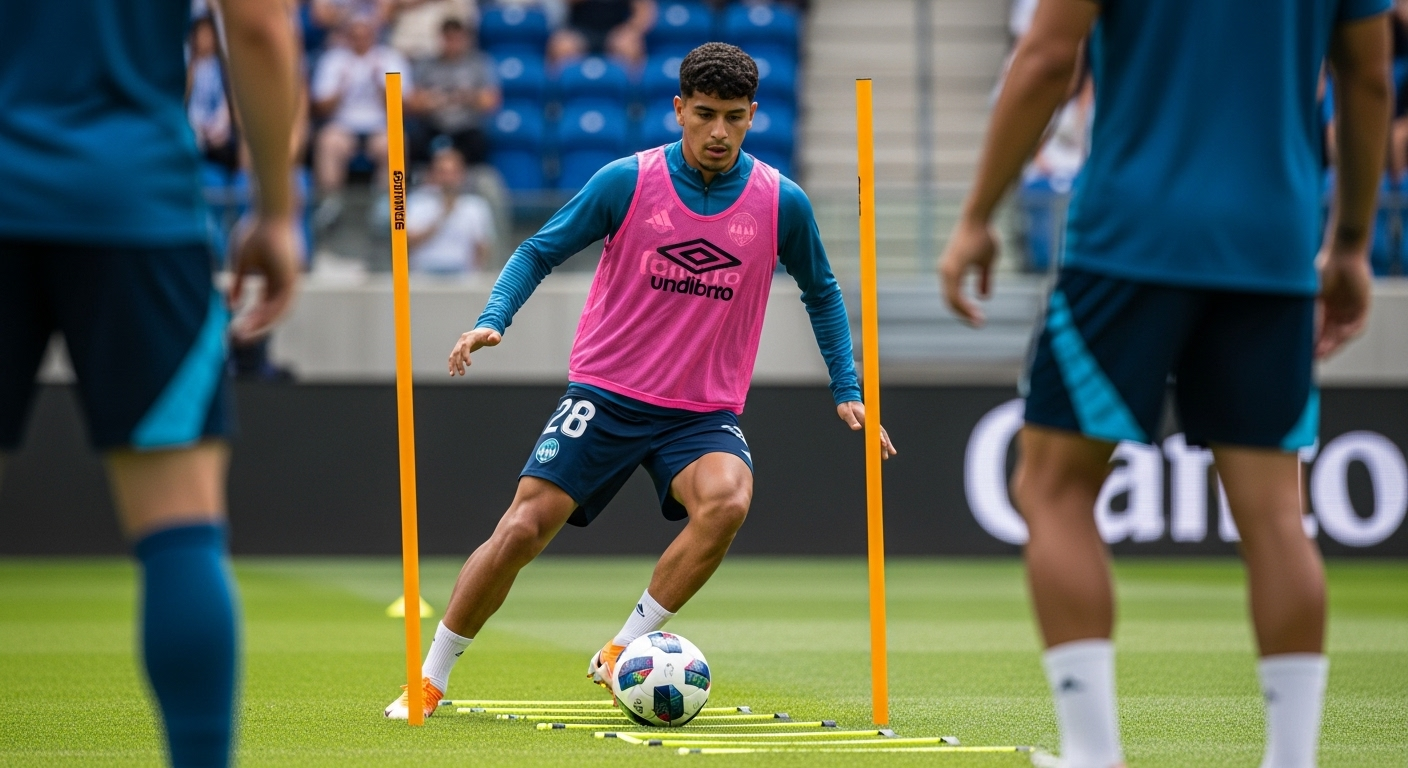Fundamentals of Football Coaching and Training Education
Football coaching brings together tactical knowledge, physical training, and teaching skills to help players and teams perform better. Whether working with youth, amateur, or semi-professional players, coaches act as educators, planners, and motivators. This article outlines the core principles of effective football coaching, how sports science and structured training support development, and what education pathways exist for people seeking a coaching role or local services in your area.

What is modern football coaching?
Modern football coaching is a structured process that combines technical instruction, tactical planning, and player management. Coaches design sessions that replicate game conditions, break skills into teachable components, and use feedback loops so players can apply lessons in matches. Beyond drills, modern coaching emphasizes decision-making, communication, and understanding of roles within different formations. Coaches also monitor workload and recovery to reduce injury risk and maintain performance across a season.
How does coaching support player development?
Coaching supports development by creating progressive learning environments tailored to age, ability, and position. Effective coaches assess baseline skills, set measurable goals, and plan periodized programs that balance technical work, tactical awareness, and physical conditioning. They provide clear, actionable feedback and use video or other tools to reinforce learning. Good coaches also foster mental skills such as resilience, concentration, and teamwork—elements that influence long-term progression as much as technical ability.
How does sports science inform training?
Sports science provides evidence-based practices that improve training efficiency and player welfare. Areas such as strength and conditioning, nutrition, sleep, and injury prevention are integrated into coaching plans to optimize performance. Monitoring tools—GPS tracking, heart-rate data, and perception-based wellness scales—help coaches adjust intensity and volume. Understanding principles like progressive overload, recovery windows, and specificity enables training to be targeted and safer. For clubs or coaches seeking expert input, sports science recommendations can be incorporated or sourced through local services and consultants.
What training methods produce consistent improvement?
Consistent improvement comes from varied but deliberate practice designed around game demands. Small-sided games, position-specific drills, and scenario-based training encourage technical execution under pressure. Technical repetition should be meaningful: combine skill work with decision-making elements to transfer training to match situations. Periodization—planning microcycles and macrocycles—ensures players peak at the right times. Regular assessment, such as skill tests and match analysis, tracks progress and informs adjustments. Coaches should also embed active recovery and mobility work to maintain availability and long-term development.
How does education shape coaching careers?
Formal education and certifications provide coaches with theoretical frameworks, safety standards, and recognized credentials. Many governing bodies offer tiered coaching licenses, covering topics such as session design, safeguarding, and talent development. Beyond certificates, continuous professional development—workshops, mentoring, and peer observation—helps coaches refine their approach. Academic pathways in sports coaching, kinesiology, or sports psychology can deepen understanding of athlete development. For those seeking roles, combining accredited education with practical experience and networking with local services can strengthen career prospects.
Conclusion
Effective football coaching balances teaching, planning, and evidence-based training to develop players and teams sustainably. Incorporating sports science, structured training methods, and appropriate education creates an environment where technical skills, tactical understanding, and physical conditioning evolve together. Whether you are a volunteer, an aspiring professional coach, or looking for local services to support a team, focusing on progressive coaching practices and continuous learning will contribute to clearer development pathways and better long-term outcomes.






